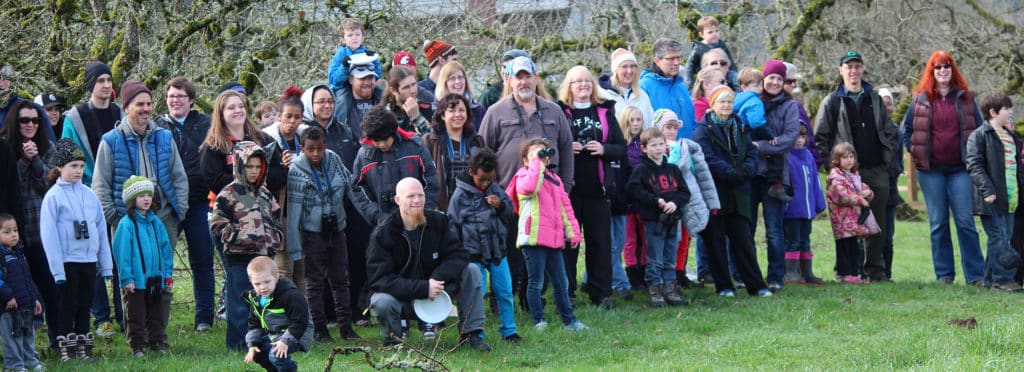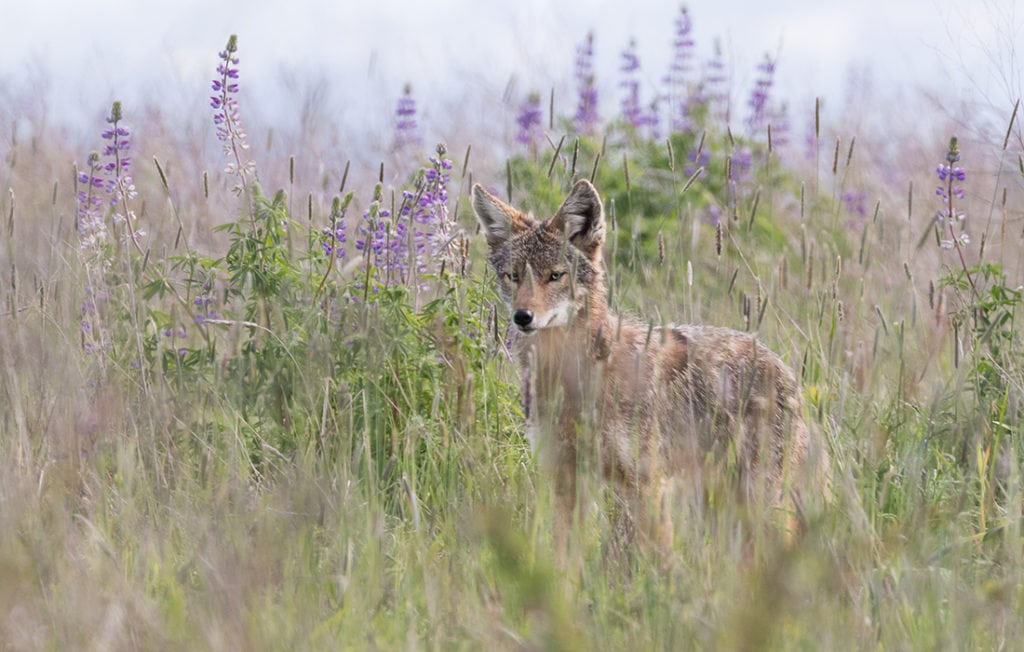
During the winter months, birds prepare their bodies to combat the cold and retain their body heat. In summer they must expend heat and keep their body temperature at a safe level. Physically, birds can prepare their bodies to combat overheating. They do not sweat, but pant to expel heat from the body. A bird’s respiratory system differs somewhat from a human’s and allows panting to be more successful. To cool down, birds press their feathers close to the body, compressing the air pockets that hold body heat. Exposing what bare skin they have to the outside air and bringing their blood vessels to the surface of the body also releases body heat. Increasing blood flow to the legs is especially successful in releasing a large amount of heat.
Birds adjust their daily habits to avoid overheating. Most birds begin their day about an hour before daylight and are very active singing, defending territories, and foraging. Several hours after dawn, activity slows, and the birds seek out cool, shady shelter. Activities continue through most of the day but rather sluggishly. During hotter periods the birds rest or sleep.
Vultures and other soaring birds do not begin their day until the sun has heated the ground and formed the updrafts that allow them to soar aloft. It is often cooler at high elevations, so these birds will fly higher than usual to take advantage of the cooler air. During the hotter part of the day, birds find dark, cool shelters and do not expend any more energy than necessary. Most activities occur in early morning and a bit prior to sunset. Some birds are even found foraging in the dark of night.



